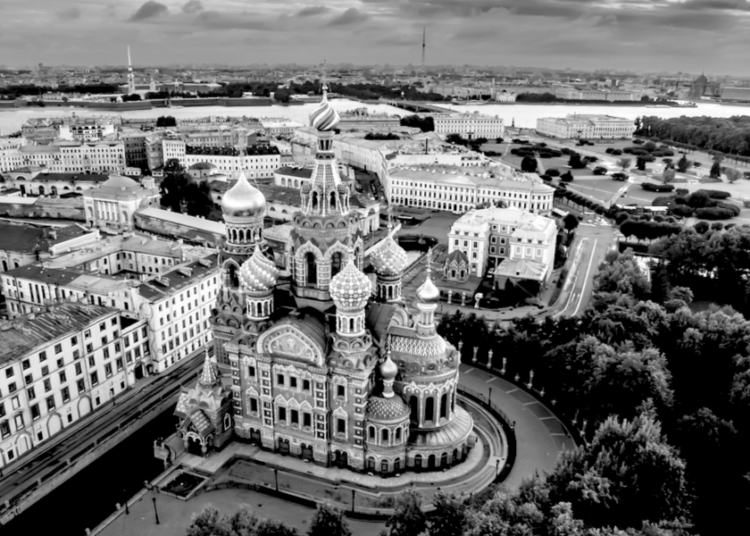THE need for a better understanding of post-Cold War Russia in view of its war with Ukraine, has never been more pressing. The staggering toll of deaths and casualties for both countries, to which Western public opinion seems surprisingly indifferent, raises questions that Western media continue largely to ignore. What are the geopolitics? What is unique historically about the relationship between Russian and Ukraine? With its long history as one of the world’s great powers, what is motivating Putin?
At the time of his invasion in February 2022, Putin was all but jeered at by Western politicians and media. His supposed desire to restore Russia to great power, or even superpower status was treated with derision. This article from March 2022, sneering at Putin’s delusion of civilisational necessity, is one such example. The laugh, I fear, is now on those who mocked him. The West’s supply of arms and money is running out and Putin is not in a hurry. The bigotry was short-sighted and foolish. Winston Churchill’s view of Russia as ‘a riddle, wrapped in a mystery, inside an enigma’ still holds.
It was this enigma that Hillsdale College in Michigan decided to explore in the autumn of 2022. To better, and indeed fully, understand Russia’s conflict with Ukraine and Russia’s role in the shifting balance of power in today’s world, the college organised a special conference, a series of talks by experts on all angles of Russian history, culture, and politics. It is striking that we have seen nothing equivalent here in scope or depth.
Our own mass media uncritically ‘bigged up’ Ukraine and Zelensky, led by (destruction follows in my path) Boris Johnson, while the ‘establishment’ assumption appeared to be of a very diminished Russia under Putin’s rule. Yet, as Hillsdale puts it in their introduction to the series, ‘since Peter the Great, Russia’s place among nations has only grown’. From a regional backwater, it transformed into a great power, a power which it is demonstrating yet again.
Now, more than a year later, with no end to the war in sight and Ukraine devastated economically and socially, these lectures are as relevant as ever. Just before Christmas the college released them as a free online video series on Russia for wider sharing. We are republishing them – six in all – everyday this week on TCW. They start with a historical focus first on the ‘Greats’ such as Peter and Catherine, then move to the Russian Revolution through to the fall of the Soviet Union. The middle two explore Russia’s extraordinary contributions to literature including authors such as Dostoyevsky and Tolstoy, and to classical music composers such as Tchaikovsky and Rachmaninoff. The final two lectures explain Putin’s political philosophy and his geopolitical (multipolarity) grand strategy. These two, by Michael Millerman and Christopher Caldwell respectively, are particularly compelling and important. The Q and A sessions at the end are well worth staying with.
It is an impressive series overall – one that has certainly given me ‘a deeper understanding of Russia’s enigmatic relationship with the West today, and about the causes and complications of the current Ukraine war.’ We are grateful to Hillsdale College for making them freely available to the wider public. You can access the entire series here.
The first of the lectures we are showing today is by the American historian Sean McMeekin and is titled Russia from 1696-1917: An Overview. You can watch it here:
Or link to it here.

